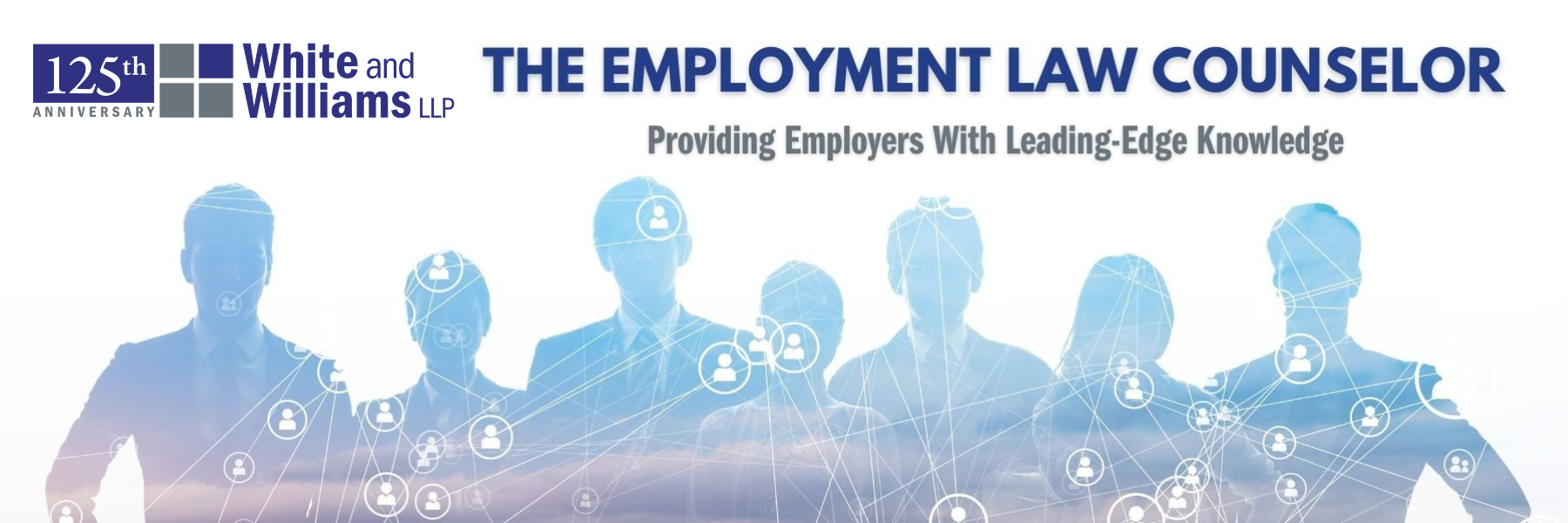On March 21, 2020, the Equal Employment Opportunity Commission (EEOC) issued updated guidance to employers on various pandemic-related issues. One area of critical importance to employers in considering employee return to the workplace is a Q&A set forth in this guidance regarding requiring “employees who have been away from the workplace during a pandemic to provide a doctor’s note certifying fitness to return to work.” The EEOC concluded that:
Such inquiries are permitted under the ADA either because they would not be disability-related or, if the pandemic influenza were truly severe, they would be justified under the ADA standards for disability-related inquiries of employees.
Nevertheless, the EEOC recognized that doctors and other health care professionals may be too busy during and immediately after a pandemic outbreak to provide fitness-for-duty documentation in a timely manner. As such, the EEOC advises that employers may need to accept from local clinics a form, a stamp, or an e-mail to certify that an individual does not have the pandemic virus instead of a more comprehensive physician certification While this seems straightforward, there are a number of potential pitfalls for employers. First, employers must be even-handed in requiring a doctor’s certification and/or alternative proof of fitness to return to work (and in making exceptions for employees having difficulties in obtaining such certifications).
Additionally, states are taking actions that could conflict with the EEOC advice in requiring proof of fitness to return to work particularly in regard to vaccinations. For example, on April 21, 2021, the lower house in Missouri approved a bill that would ban private businesses from requiring proof of vaccination (any vaccination, not just a COVID vaccination) from either employees or customers. At another extreme, there are recent reports that a private school in Miami indicated that it will not employ anyone who has received what it calls an “experimental” COVID vaccination.
It should be noted, that the most recent EEOC guidance is limited to obtaining a note for fitness to return to work. In prior EEOC guidance from December 2020, requiring proof of a vaccine is not itself an impermissible disability inquiry (though follow up questions about why an employee did not may cross the line into an impermissible inquiry). While the EEOC maintains that an employer can exclude an employee from physically entering the workplace if he or she is not vaccinated, this does not mean the employer may terminate the worker. Employers will first need to determine if any other rights apply under the laws or other federal, state, and local authorities. For example, if an employer excludes an employee based on an inability to accommodate a request to be exempt from a vaccination requirement (on the basis of a disability or religious belief), the employee still may be entitled to accommodations such as performing the current position remotely. This is the same analysis that an employer would have to make if physically excluding employees from a worksite due to a current COVID-19 diagnosis or symptoms.
The EEOC further cautioned that employers should follow advice from the CDC and other public health authorities on appropriate steps to take relating to the workplace and to expect changes or additional advice as more information becomes available. Plans will need to remain tentative and subject to change as federal, state and local agencies continue to make and revise guidelines, rules and advice.
Unfortunately, the only certainty for employers in the post-pandemic world is the potential for litigation created by the quandary in requiring employees to return to office space while not allowing other employees to return to their pre-pandemic roles.


